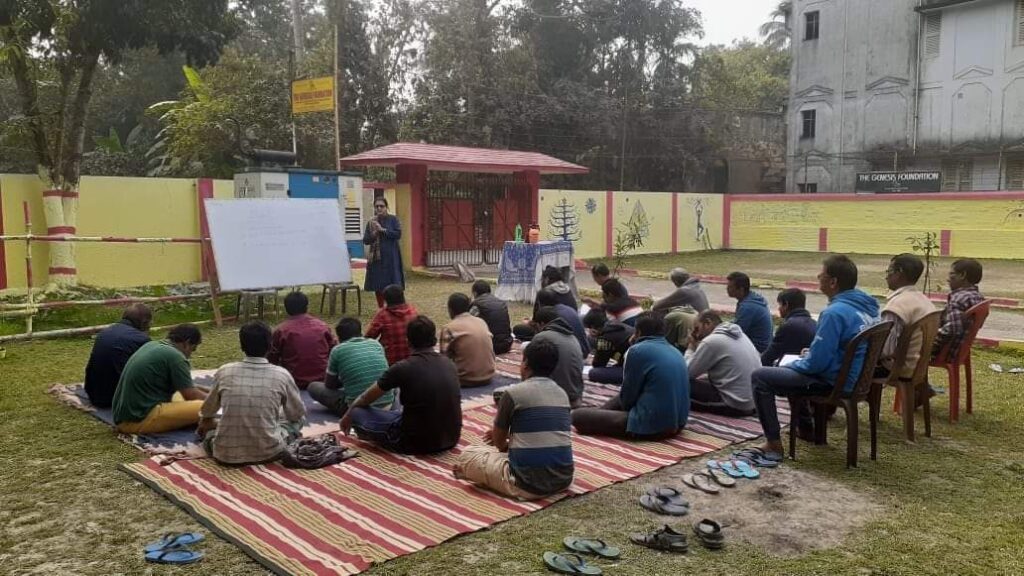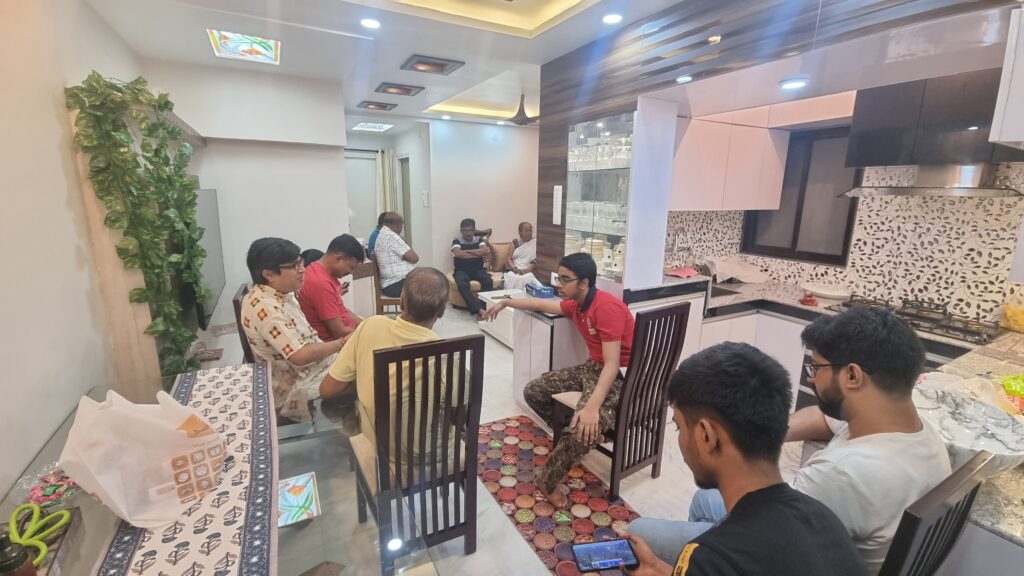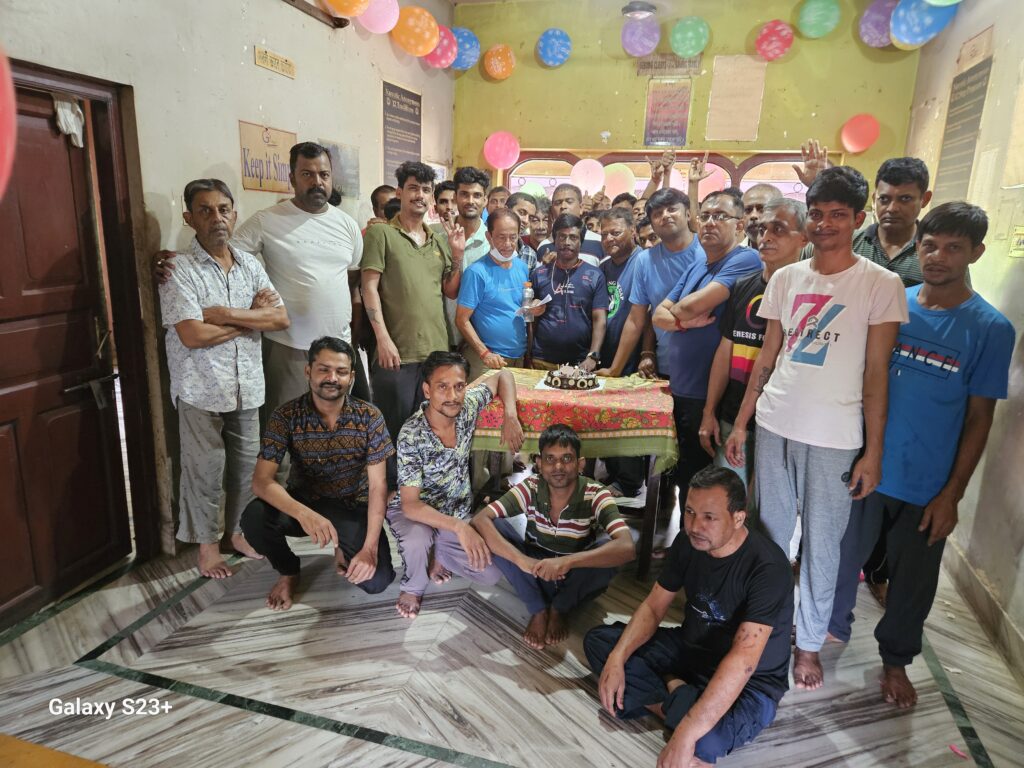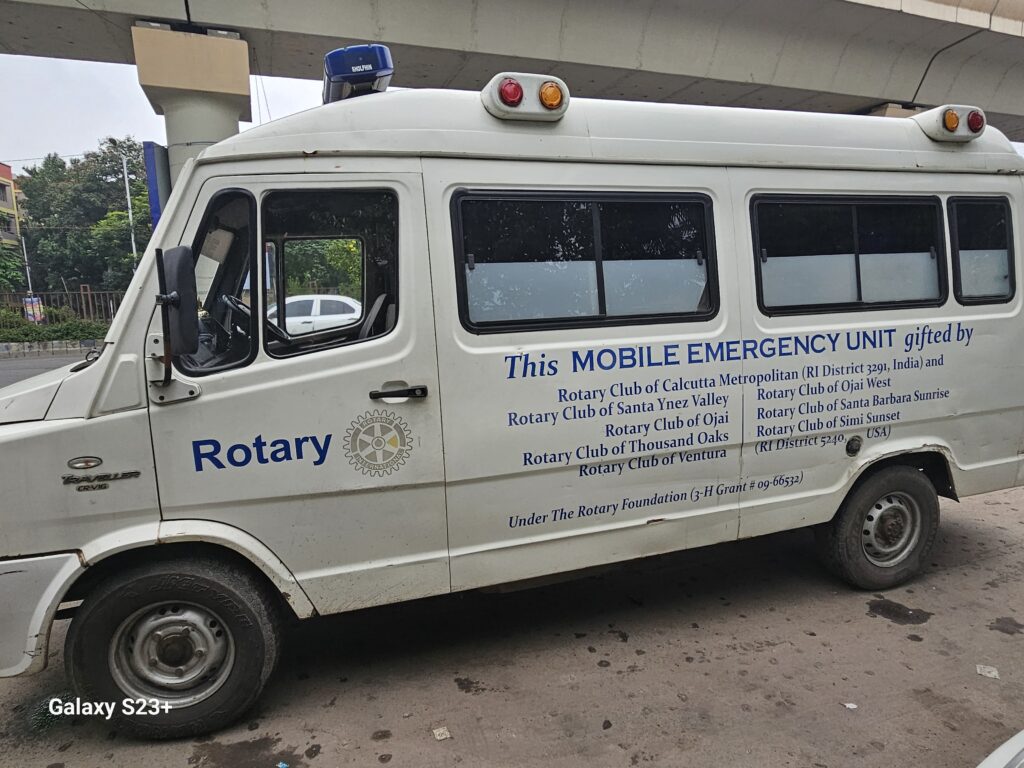Medical treatment counseling for substance use disorders (SUDs) involves a comprehensive approach that integrates evidence-based practices and holistic strategies. Here are some key components:
Understanding SUDs:
Counselors need a solid knowledge base on current research, principles, and methods for helping individuals with SUDs. Familiarity with the addiction process, withdrawal symptoms, and the impact of substances on physical and mental health is crucial.
Obsessive-Compulsive Disorder (OCD):
OCD is a mental health disorder characterized by recurrent, unwanted thoughts (obsessions) and repetitive behaviors (compulsions) that significantly impact daily life.
Paranoia:
While OCD and paranoia are separate conditions, they can overlap. People with OCD may experience paranoid thoughts due to their obsessions (e.g., fear of germs leading to paranoia about getting sick).Paranoia involves intense beliefs or suspicions that others intend to harm or deceive. Anxiety plays a role in both OCD and paranoia.
Cognitive Behavioral Therapy (CBT) is effective for OCD. It focuses on changing thought patterns and behaviors. Medications (such as selective serotonin reuptake inhibitors) can also help reduce symptoms. Therapy (such as CBT) and antipsychotic medications can alleviate severe paranoia symptoms.
Addiction is a complex condition involving dependence on substances (e.g., drugs, alcohol) or behaviors (e.g., gambling, gaming).
Treatment for Addiction:
Addiction treatment often includes counseling, support groups, and sometimes medications. Genesis Foundation likely offers comprehensive addiction treatment programs.
Conclusion
Remember, seeking professional help is crucial for accurate diagnosis and personalized treatment. If you or someone you know is struggling, consider reaching out to a mental health professional to Genesis Foundation for guidance.



Treatment Approaches:
Individual and group counseling sessions help clients explore underlying issues, coping mechanisms, and triggers.
Assessing the severity of addiction, mental health, and physical health.
Collaboratively developing personalized treatment plans.
Referral: Connecting clients to specialized services (e.g., detoxification, psychiatric care).
Coordinating care across different providers and settings.
All clients find spiritual practices helpful. Encourage mindfulness, reflection, and connection.
Physical activity and stress reduction techniques can complement treatment.
Peer support and sharing experiences in a safe environment.
Educating families about addiction, coping strategies, and communication.
Accurate record-keeping for treatment progress and outcomes.
Counselors need ongoing training, supervision, and cultural competence.
Sensitivity to diverse backgrounds and experiences is essential.
Remember, working with clients in a culturally sensitive way is crucial across all aspects of SUD treatment.
Treatment Considerations:

Integrated Treatment:
Address both mental health and substance use simultaneously.

Medication Management:
Some medications can help manage both conditions.

Support Groups:
Peer support can be valuable.

HIV, AIDS, and Viral Hepatitis:
These are important public health concerns for individuals in substance use disorder treatment programs.

Holistic Approach:
Address physical health, social support, and lifestyle factors.

Behavioral Therapies:
To improve the quality and effectiveness of our services through continuous improvement and Innovation.
HIV and hepatitis prevention, testing, and risk-reduction counseling are crucial.
Drug use is a significant driver of the HIV epidemic, emphasizing the need for comprehensive care.
Remember that personalized treatment plans are essential, and seeking professional help is crucial for managing co-occurring disorders effectively.
Our Awesome Team
Why Choose Us?



Find Out More About Our Exceptional Facilities
Family therapy plays a crucial role in substance use disorder (SUD) treatment. Here’s why and how:
Why Family Therapy Matters:
Holistic Approach:
SUDs impact not only the individual but also their family members.
Support System:
Families provide emotional support, encouragement, and accountability during recovery.
Understanding Dynamics:
Family therapy helps address dysfunctional patterns, communication issues, and enabling behaviors.
Long-Term Recovery:
Involving family members fosters lasting change and relapse prevention1.
How to Implement Family Therapy:
Assessment:
Understand family dynamics, roles, and communication patterns.
Education:
Educate families about SUDs, coping strategies, and treatment options.
Communication Skills:
Teach healthy communication and conflict resolution.
Boundaries:
Establish clear boundaries and expectations.
Multifamily Groups:
Encourage peer support and shared experiences.
Genograms:
Visualize family history and relationships.
Narrative Approach:
Explore family stories and dynamics23.
Remember, family therapy is a collaborative process that empowers both the individual and their loved ones on the path to recovery.
Here's a write-up highlighting the Genesis Foundation's work with women in addiction recovery and mental health:
Empowering Women's Recovery: A Safe Haven
Since 2005, the Genesis Foundation has been a beacon of hope for women struggling with addiction and mental health issues. Our women-led organization provides a safe, supportive environment where females can heal, grow, and thrive without male interference.
Women-Centric Approach
Our unique approach focuses on the distinct needs of women, addressing the emotional, psychological, and social aspects of addiction and mental health. Our team of female professionals, including therapists, counselors, and support staff, ensure a nurturing atmosphere, fostering trust and camaraderie among our clients.
Therapeutic Treatment
Our comprehensive treatment programs include:
– Gender-sensitive counseling and therapy sessions
– Mindfulness and meditation practices
– Art and creative expression therapy
– Peer support groups and community building
– Life skills and empowerment workshops
– Medical detoxification and health services (administered by female medical professionals)

Administered by Women, for Women
Our organization is run by women, ensuring that every aspect of our operations, from counseling to administration, is tailored to meet the unique needs of our female clients. Male involvement is limited to administrative tasks, maintaining a safe and comfortable environment for our clients.
Testament to Empowerment
Since our inception, we have supported countless women in their recovery journeys, witnessing transformative growth and resilience. Our approach has proven that a women-centric, supportive environment is crucial for successful recovery and lasting change.
Join us in empowering women to break free from addiction and mental health struggles. Together, we can create a brighter future.
Make Donation
We have so far, treated several clients, those who cannot afford treatment cost, and also we have provided them job placement outside and inside the center. we have also organized several Awareness Camps, Counselling and Seminars in Schools and Colleges, Awareness KIOSK in association with Kolkata Police.

Contact Us
Call Today and Find Out More About Our Exceptional Facilities
Genesis Foundation offers therapeutic and holistic approach in dealing with Substance Abuse and bringing awareness in the society.
